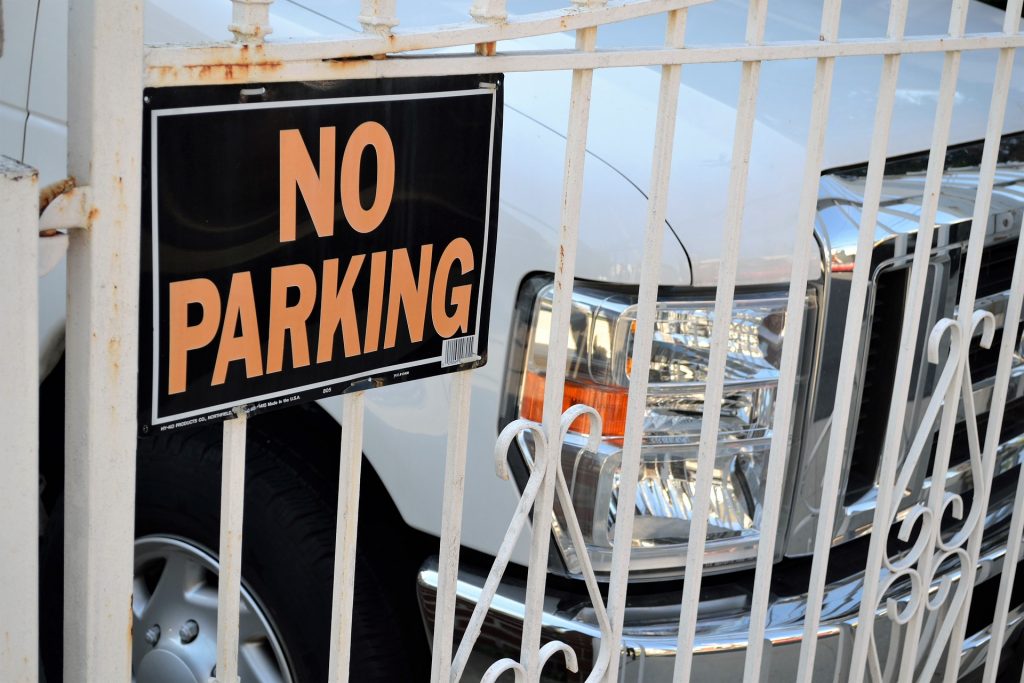Lawmakers in New York City are working hard to pass bills that would significantly increase the fines truckers would have to pay for parking in the wrong place.
Bill S3215 would allow for a significant increase in fines for truck drivers who are caught parking overnight in residential areas in NYC.
The bill would increase the fine for a first-time offense from $250 to $400, and truck drivers caught parking in a residential area overnight twice in six months would be subject to pay $800 instead of the current $500 amount.
Lawmakers claim that the increase will cause truckers to “think twice before parking on residential streets, enhancing the quality of life for residents of Southeast Queens.”
The bill has already passed the House but still needs to make it through the Assembly before it can be signed into law.
Another bill, S2761, is making its way through the New York State Senate and would create a fine for semi-trucks found “parked or unattended” on city streets.
Current law only allows the truck to be towed off the street; however, if the bill passes, truck owners would be responsible for the cost of the towing and they would also face a $1,000 fine.
From the text of the bill:
“Currently, the owners or operators of illegally parked tractor-trailers or semi-trailers are not fined. The owners can retrieve their vehicles by simply paying a $160 towing fee. For many tractor-trailer owners or operators, this $160 is a small price to pay compared to what it can cost to legally park a tractor-trailer in a city. The unfortunate result is that residents of many city neighbourhoods who must endure crowded, exhaust filled streets are penalized while tractor-trailer owners or operators – undeterred by a relatively small towing fee – flagrantly violate the law. A $1,000 fine for tractor-trailers that are illegally parked overnight would help encourage the legal parking of these vehicles and help maintain the quality of life in our city neighbourhoods.”
S2761 has also passed in the House and must pass through the Assembly to become law.


